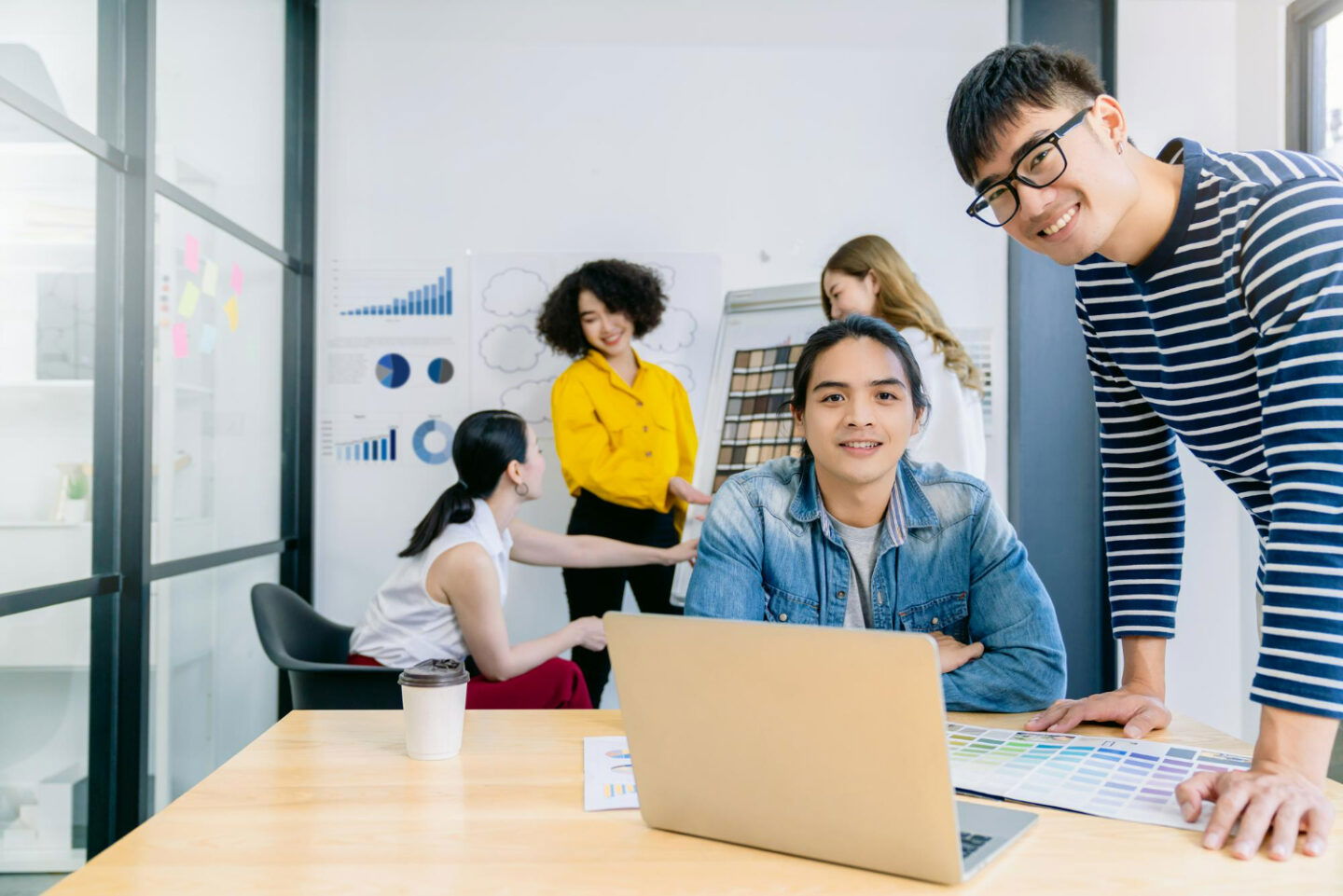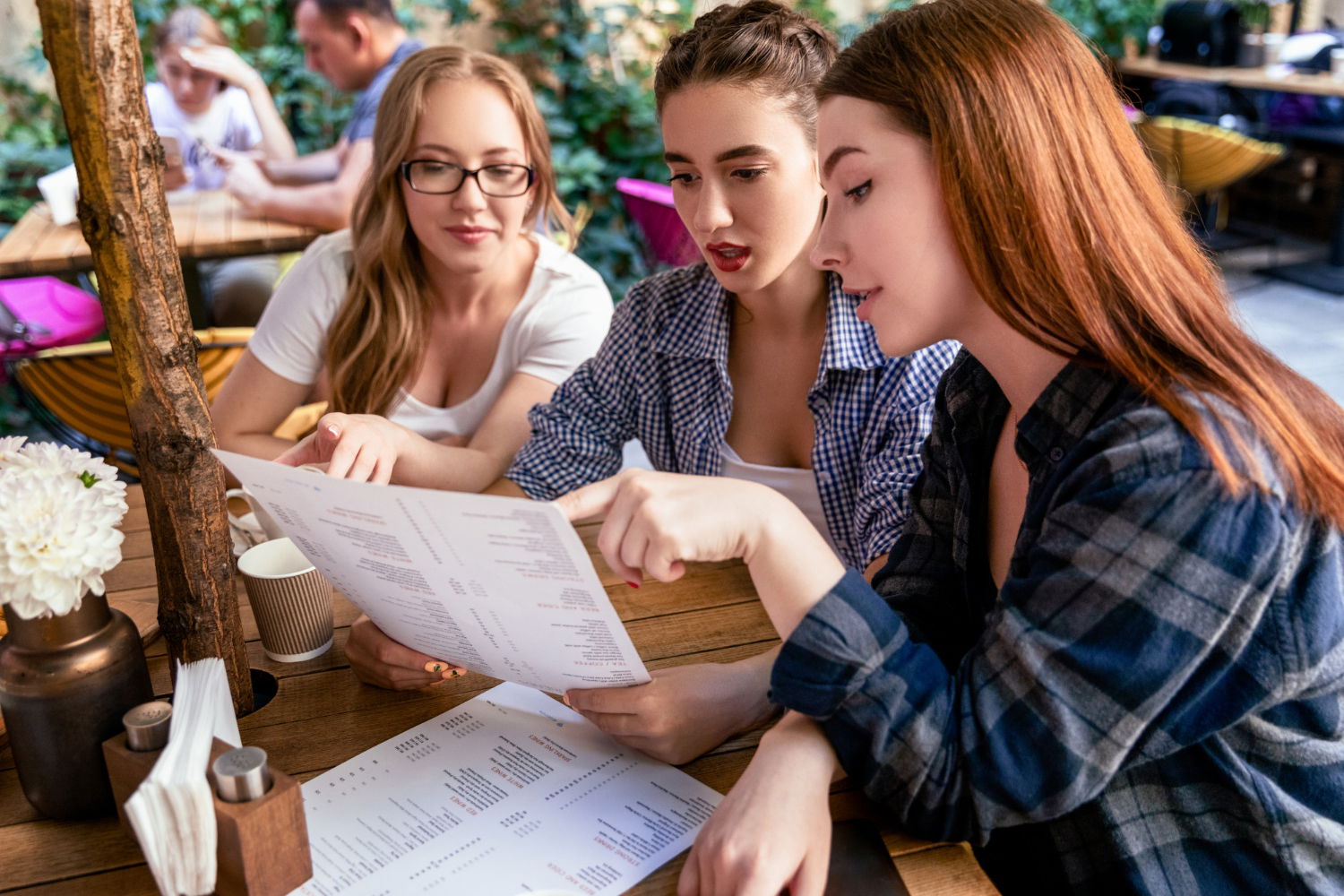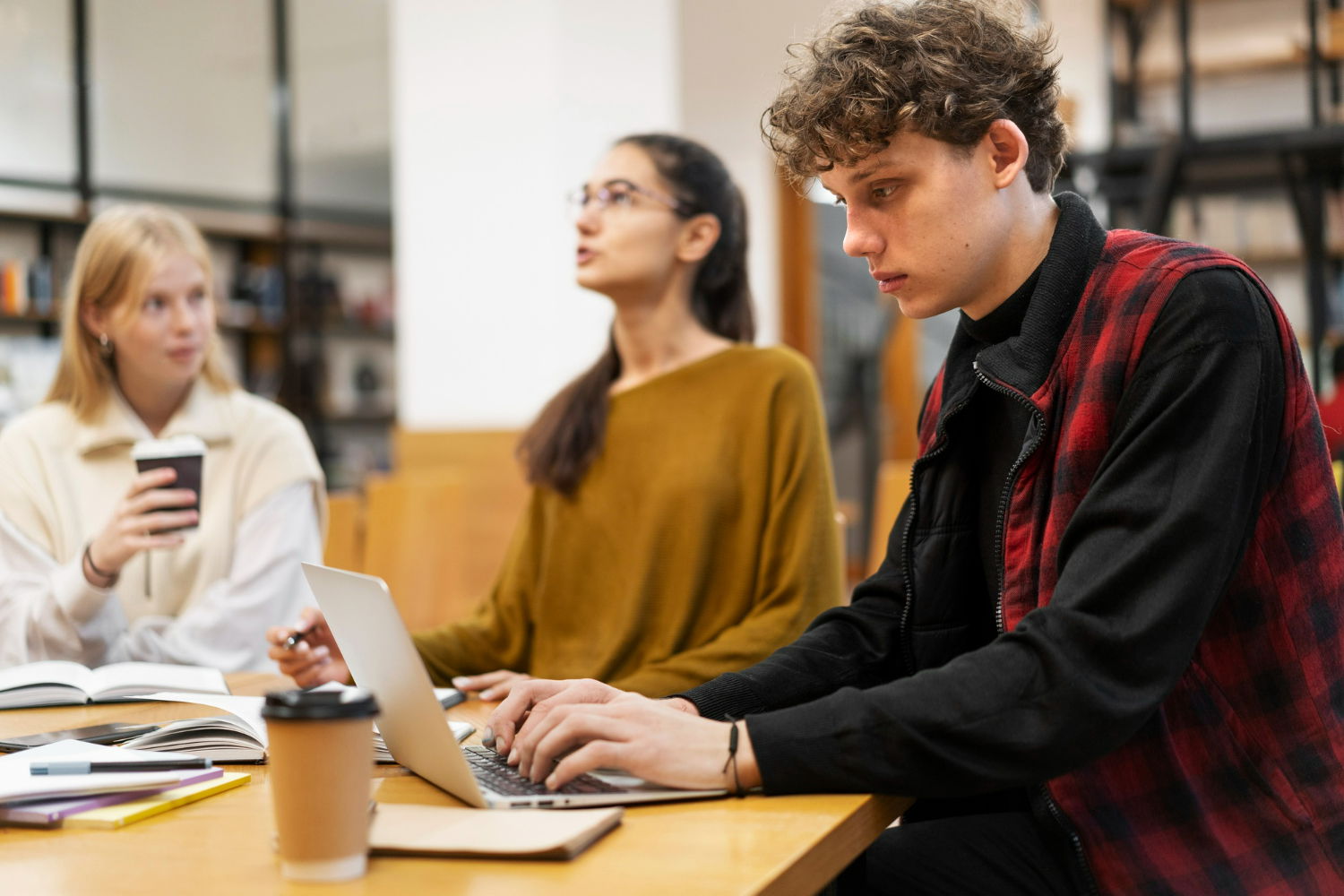How to Get a 7 in IB Global Politics: 10+ Tips for your Success

Katie has taught at a number of prestigious schools in the UK and Switzerland. She teaches IB Geography, History, Global Politics, TOK, and Religious Studies. She is also an Extended Essay moderator for Global Politics & Geography. Students appreciate her enthusiasm and breadth of subject knowledge. Read on for her tips on how to get a 7 in IB Global Politics. You can find her full profile here.
Article reviewed and updated by Katie, 18th June, 2025.
If you’re aiming for a top score in IB Global Politics, you’re in the right place. Whether studying at Standard Level (SL) or Higher Level (HL), succeeding in this subject goes beyond memorising facts. It’s about understanding global issues, applying political theories to real-life situations, and sharpening your exam skills.
In this article, together with our expert Global Politics tutor, Katie, we’ll share some practical tips on how to get a 7 in IB Global Politics, covering everything from external assessments to the Internal Assessment (IA), along with strategies that can help you succeed.
Need help with IB Global Politics?
Quick Overview: What is IB Global Politics?
IB Global Politics is an interdisciplinary subject that explores the power dynamics between individuals, groups, and states within the global political system. It covers important topics like political ideologies, human rights, peace and conflict, and how decisions affect societies worldwide. The course encourages you to think critically, analyse global issues, and apply political theories to real-world situations.
The course comprises core themes, case studies, and an Internal Assessment (IA). The new syllabus will have its first assessment in May 2026 and you can find all the relevant updates here.
External Assessments and How to Excel at Them
The external assessments make up most of your final grade, so getting a good handle on them is really important when aiming to get a 7 in IB Global Politics. Here’s a quick breakdown of the three papers and some tips to help you do your best on each one.
Paper 1: Source-Based Analysis
This paper tests how well you can analyse and evaluate political sources. You’ll have a mix of short-answer questions and one extended response, where you’ll need to apply key political concepts to different sources like news articles, interviews, and political statements. Remember to stay focused on the main ideas and think critically about how each source connects to what you’ve learned.
To excel in Paper 1, Katie advises to keep these tips in mind:
- Familiarise yourself with the core concepts of the Global Politics IB syllabus: power, sovereignty, legitimacy and interdependence.. You’ll need to identify these concepts in the provided sources quickly.
- Practice source-based questions regularly to get comfortable with the format and improve your ability to analyse different types of political sources.
- Remember, your responses should be focused and concise. Aim to address the core of the question without adding irrelevant information.
Paper 2: Extended Response Questions
This paper has two essay-style questions and is common to both SL and HL. You’ll need to write detailed, well-structured responses to questions directed at one of the thematic studies as well as cross-thematic questions which foster knowledge integration. Remember, combining the theory you’ve learned and relevant case studies in your answers is important to show a deeper understanding of the political issues.
Katie recommends these key tips to perform well in Paper 2:
- Always follow the PEEL structure (Point, Evidence, Explanation, Link) to ensure a logical flow in your essays. Katie insists the “link sentence” makes the difference between achieving a 5, 6 or 7.
“Lots of students present excellent snippets of detailed knowledge. But they fail to link it clearly to the question. Your argument in response to the question should come first. Do not fall into the trap of writing down everything you know on the topic. Select your ‘best bits’ and link them clearly to the question asked, preferably echoing the language used in the question posed.”
- Stay focused on the question and avoid straying into unrelated discussions. A strong argument is more effective than a broad, unfocused answer.
“Make sure you know what your argument is! Your argument should be stated at the beginning as a thesis and your conclusion should tie in with it!”
- Try to include real-world case studies in your essays. This will show that you can apply the theory to actual situations. For example, referencing events like the Syrian Civil War, Brexit, or the US-China trade war helps strengthen your arguments and make them more relevant.
Paper 3 (HL Only): Stimulus-Based Analysis
This paper is only for HL students. It tests your ability to analyse and respond to a stimulus related to global political challenges. It’s a chance for you to really show your understanding of these issues in greater depth.
A very important tip from Katie is to choose your case studies wisely, making sure they cover a variety of issues. “This can minimise the amount you need to remember – for example if you chose the DRC your knowledge could be used in each unit or theme, illustrating for example, border issues, resource curse and conflict.”
If you want to succeed in Paper 3, take note of these helpful tips:
- Review global political challenges in the IB Global Politics syllabus, such as climate change, global health crises, and armed conflict. Katie notes that “often we forget the environment is a key part of Global Politics and raises issues of borders, sovereignty, responsibility and development.
- Practice analysing real-world scenarios related to these challenges. Use past IB exam questions to familiarise yourself with the format and improve your time management.
- Katie warns to avoid merely summarising the stimulus. Instead, provide a thorough analysis by applying political theories and concepts. “A level 7 response will go beyond summary – you will propose a course of action.”
IB Global Politics IA: The Engagement Project Explained
The Internal Assessment (IA) is an important part of your Global Politics course and makes up a big chunk of your grade (30% for HL and 20% for SL). So when aiming to get a 7 in IB Global Politics, it’s worth some consideration. It’s your chance to explore a political issue that interests you, connect the theory you’ve learned to real-world events, and demonstrate your critical thinking skills.

Tips for the Engagement Project:
- When choosing your topic, Katie insists on choosing wisely! “You will be spending a lot of time (HL – 35 hrs; SL 25hrs) researching and redrafting your IA. You want. a topic you will continue to enjoy.” So pick something politically relevant that genuinely interests you. This will make your project more enjoyable and easier to research, allowing you to engage critically with real-world events.
- Remember, your IA should connect the theory you learned in class with political issues. It’s all about showing how the concepts apply to the world around us.
- Keep your project focused and organised. Make sure your analysis is clear and well-supported by solid evidence from your research. This will make your work more compelling and easier to follow.
Katie emphasises that “Process is important – your planning will form part of the assessment – try to show how in response to undertaking the engagement activity you were led to new areas of research.”
Proven Strategies to Help Get a 7 in IB Global Politics
Achieving a 7 in IB Global Politics is definitely within reach if you use the right strategies. Here’s a helpful guide to mastering the course content and exam requirements to set you up for success.
Mastering Core Content Through Real-World Cases
To do well in IB Global Politics, you must understand how to apply the core concepts to real-world issues. Make sure you’re comfortable with themes like sovereignty, power, human rights, and global governance, as these will be key to your success.
- Case studies are really helpful for bringing theoretical concepts to life. Monitor current political events and use them as examples in your essays and exams. This will strengthen and make your arguments more relatable.
- Stay updated with global events through trusted sources like BBC, Al Jazeera, and The Economist. The more you know about ongoing issues, the easier it will be to apply theoretical concepts to them.
Writing High-Level Responses for Each Paper
When you write your exam responses, remember that structure matters. Make sure your essays are clear and concise, and stay focused on answering the question. Katie’s tips are:
- Never underestimate thinking time – what do you think about the topic? Determining your position allows you to begin with a clear thesis and makes structuring the essay easier.
- Start with a strong thesis that clearly shows your main argument.
- Use a simple structure: Introduction, Body (with a few well-organised paragraphs), and Conclusion.
- Don’t forget to weave in case studies, making sure they tie back to the theoretical concepts you’re discussing. This will help make your points stronger and more relevant!
Tips for the Engagement Project
The IA is an important part of your grade, and Katie emphasises that excelling here can significantly affect your final mark.
- Start your project early and make sure your research is thorough.
- Ensure that your IA reflects a deep understanding of the political issue you are investigating. This will help you to construct clear and persuasive arguments.
- Tutor tip – take time to consider your own perspective of the topic and how this might inform your report. You will score marks for this.
- Don’t hesitate to ask for feedback from your teacher or tutor. They can help you refine your ideas and improve your writing.
How to Use Past Papers and Global Events to Prepare
A great way to prepare for the IB Global Politics exam is to practise past papers and stay up to date with current global events. This will help you connect your learning to the real world and improve your exam skills.
Of course, with the new specification, until after the first assessment in May 2026, you will only have one specimen paper. Nonetheless, Katie confirms that “You can still look back at past papers from the 2017 specification – the ideas and arguments will be similar – just be sure to familiarise yourself with the 2026 rubric!”
Effective Revision with Past IB Exam Questions
Practising past papers helps you get familiar with the exam format and timing. It’s also an excellent way to identify common themes and question types.
- It’s really helpful to use IB Global Politics past papers to get familiar with how the questions are structured and the level of detail you’ll need in your answers.
- Try timing yourself as you complete them. This is a great way to work on your time management for the actual exam.
- Don’t forget to look at the marking schemes! They show you exactly how examiners grade answers, so reviewing them will help ensure your responses hit the mark.
- Even better, you can mark your own paper, or get a friend to do so, and look to understand where you dropped marks.
Katie has the following recommendation:
“Write an essay plan and then consult the mark scheme. What ideas did the examiner mention that you had not? Did you include anything the mark scheme did not mention? How would you restructure your essay plan now? Now write your timed essay!”
Applying Global Events in Exam Essays
Katie knows that as a GP student you will most likely be naturally interested in world events. “But you are not expected to have a forensic knowledge of everything going on. Maintain your interest but confine yourself to a limited number of case studies that you have selected because they illustrate the course concepts.”
She advises to:
- Stay up-to-date with major political events like elections, conflicts, and international agreements in order to strengthen your arguments. You show you can apply the political theories you’ve learned to real-world situations by mentioning these eventsRemember always to link these global events back to the core concepts from the IB Global Politics syllabus. This will help you build a strong argument connecting theory and practice. Katie emphasises that “things can move quickly in Global Politics – if you have a sound case study that works you can determine when it ends – for instance the Syrian Civil War up until the fall of Assad.”
- Remember that examiners only ever award marks. So think what can you add to push your essay into the next band? Does every paragraph end with a link sentence? Is there a clear coherent argument threaded through the essay?
Other IB Global Politics Challenges and How to Overcome Them
While it offers an exciting opportunity to engage with global issues, students often encounter several challenges throughout the course.
Time Management During Exams
In the IB Global Politics exams, especially Paper 2, it’s important to give well-thought-out, detailed answers. One common challenge is managing time effectively to complete all questions within the limited time.
Here’s how to tackle it:
- Timed Practice: Try answering exam-style questions under timed conditions.
- Prioritise Your Questions: If you’re running low on time, focus on the questions you’re most confident about. It’s better to fully answer one question than to give incomplete responses to multiple ones.
- Plan Your Answers: Before you dive into writing, take a minute to plan your answer. A clear plan will help you stay focused and save time when writing your response.
A top tip from Katie is to “try to limit your case study information to 2 or 3 relevant sentences and then focus on analysis and how this case study relates to the question. You will get into the higher mark bands with relevant analysis, not more information.”
With a bit of practice, you’ll get more comfortable with these strategies and feel more confident during your exam.
Managing Stress and Maintaining Motivation
The workload in IB Global Politics and other subjects can sometimes feel overwhelming, and it’s easy to get stressed, especially when exams are approaching. Many students struggle to stay motivated when the pressure builds up, so keeping things in balance is essential.
Here’s how you can manage it:
- Create a Study Schedule: Plan your study sessions ahead of time, breaking the material into smaller, manageable chunks. And remember to schedule breaks so you don’t burn out.
- Set Small, Achievable Goals: Rather than trying to tackle everything at once, focus on smaller goals, like daily or weekly targets, to make steady progress without feeling overwhelmed.
- Stay Active and Rested: Your mental and physical health matters! Regular exercise, enough sleep, and simple relaxation techniques, like mindfulness, can help manage stress and keep you refreshed and motivated.
If you can study on the move, Katie says “Podcasts are a great way to keep up-to-date with Global Politics – you could listen to them on your way to school, in the gym or on a walk.”
How IB Tutors Help You Succeed in Global Politics
Working with an experienced IB Global Politics tutors can really make a difference in your goal to get a 7 in IB Global Politics. A tutor can offer personalised support, helping you understand challenging concepts and improve your exam skills.
Choosing the Right Global Politics Tutor
When looking for a tutor, consider these key points:
- They should specialise in IB Global Politics and be familiar with the current Global Politics IB syllabus.
- Ideally, they would be a certified IB teacher or examiner like the tutors at TutorsPlus.
- Experience in helping students achieve high marks in Global Politics exams is essential
- Finally, they need to be able to adjust their teaching approach to fit your unique strengths and areas that need improvement.
How Tutors Can Boost HL and IA Performance
A tutor can guide you through the HL extension topics and support you in developing your Engagement Project (IA). They can also help with essay writing by giving feedback on your structure, arguments, and how you use case studies.
Additionally, tutors can offer insightful feedback on your IA, helping you refine your project and meet the marking criteria. A tutor can also help HL students dig deeper into global political challenges, ensuring you’re well-prepared for Paper 3.
Katie says that “Tutors understand how marks are awarded and the set criteria for IAs. We enable you to hit the target!”
One of our satisfied clients shared her experience with our tutoring service, including Katie:
“We have been very satisfied with the service provided by TutorsPlus. My daughter was able to connect with a couple of wonderful tutors who have been truly amazing. I also appreciate the quick responses, professionalism, and efficient organization demonstrated by the contact team. I would highly recommend their services.”
At TutorsPlus, we offer tailored IB Global Politics tutoring designed to fit your academic needs and schedule.
Just like Ola who expressed her appreciation for the outstanding support her son received:
“My son received much more thorough feedback compared to his school teacher. The tutor knew very well of the subject and exam requirements which is equally as important. And was flexible with his schedule. We’re very happy.”
Summary
Getting a 7 in IB Global Politics takes time, dedication, and a solid plan. By mastering the syllabus, staying engaged with current events, practising past papers, and working closely with a tutor, you’ll boost your chances of success.
By using effective study strategies, staying consistent, and getting expert guidance, you can greatly improve your chances of success in IB Global Politics. For personalised tutoring, contact TutorsPlus at 022 731 8148 or .
Remember, success takes time, but with consistent effort and the right approach, you’ll be well on your way to excelling in this subject.






